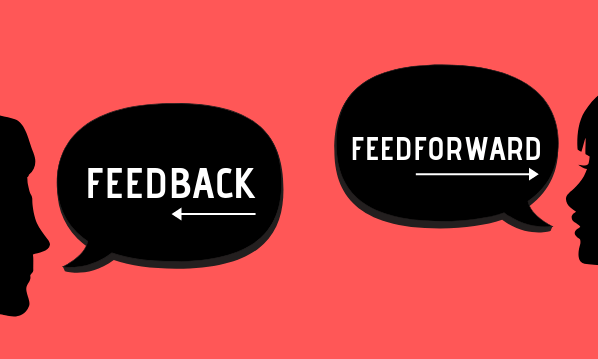 Identifying a need for some form of external finance for your business is just the first step in choosing the right business loan. The market is wide and varied, with both traditional high street lenders and alternative finance providers offering a range of different funding options. Navigating that market and choosing the right business loan can be difficult, but there are some key points to consider which will help narrow down the search.
Identifying a need for some form of external finance for your business is just the first step in choosing the right business loan. The market is wide and varied, with both traditional high street lenders and alternative finance providers offering a range of different funding options. Navigating that market and choosing the right business loan can be difficult, but there are some key points to consider which will help narrow down the search.
From the outset, it’s important to note that business finance now comes in many different shapes and sizes, and it could be that a traditional loan is not the answer at all. Don’t be afraid to explore all options, including invoice finance, asset-based finance, revolving credit facilities and more, to find the most suitable solution for your business.
The first thing to bear in mind about business loans specifically is that it’s a broad category, and understanding some of the varieties of business loan can help you begin to decide whether it offers the best solution.
Secured and unsecured loans
Generally, business loans are either secured or unsecured. This is usually based on the lender’s criteria and appetite for risk, and the choice between secured and unsecured may be out of your control, depending on the trading history and strength of your business.
Secured loans take tangible assets such as commercial property, machinery and vehicles as security, so the lender can sell the asset to recover their money should you default on the loan. The amount you can borrow will usually be determined by the value of the item taken as security, so it’s worth assessing whether you have any assets you could put forward as security and how much they are worth.
Unsecured loans do not require the guarantee of assets, and are generally based on the strength of your business. This is fine if you are an established business with a proven track record, as lenders will look for strong profits and a few years of trading history, but it may not be an option for new businesses.
Secured loans are generally cheaper, because of the minimised risk for the lender, but the amount you can borrow will depend on the asset used as security. On the other hand, with an unsecured loan you may be able to borrow a larger amount if your business is strong enough. However, while there is no commercial asset being taken as security, you, as the director, will probably be asked to provide a personal guarantee. This brings your personal credit history and assets into the equation.
Alternative finance
Ultimately, the type of security you can put up has a huge bearing on the type of loan or finance available to you, and this is where the alternative finance market can throw many more options into the mix.
It could be, for example, that most of your revenue comes from invoices. In this case, it might make more sense to borrow against these using an online invoice finance provider, especially if your issue is cash flow and you need the money quickly. Or, if flexibility is an important factor, revolving credit facilities with pre-approved limits that you can draw from when you need to could be an option.
Questions to ask yourself about your business loan options
As well as researching the various options for business loans and finance and beginning to narrow down those which are potentially available to you, the requirements of your business will also have a big bearing on the decision-making process.
Factors such as how quickly you need the money, how much you need, and how long you need it for will all come into the equation. If you need the money fast, for example, the alternative finance market may have a speedier solution, although that speed might come at a premium.
It might be that you don’t want to be tied into a minimum term contract, in which case it’s worth considering a short-term loan, again available through alternative lenders.
Points to consider here are that interest rates might be higher because of the shorter term, yet if you were tied into a longer contract and wanted to repay early, you might be subject to early repayment fees anyway. The point is, there’s more to the decision than cost alone.
Conclusion
While it’s clear that the huge range of options available means choosing the right business loan is no easy task, that same variety should enable you to find a facility to suit your business and its needs.
Making sure you’ve correctly forecasted and assessed your business will give you sound information upon which to start your search, and base your decision. If you’re still struggling to find the right business loan, matchmaking services like Funding Options can be a great help when it comes to narrowing down the search.
Conrad Ford is Chief Executive of Funding Options, recently described by the Telegraph as “the matchmaking website for small businesses and lenders”. Funding Options has been selected by HM Treasury to help businesses find finance when they’re unsuccessful with the major banks, as part of the Bank Referral Scheme that launched in November 2016. @FundingOptions





